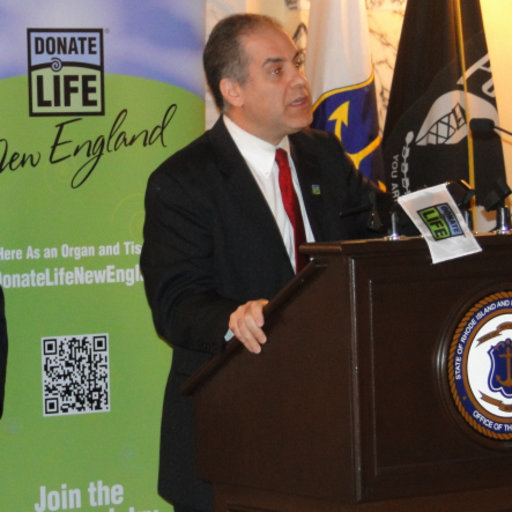Scientific Program
Keynote Session:
Title: Organ Donation
Biography:
Zoya Zabeen is a student pursuing my carrier with a Bachelor's degree in “Cardiology Techniques “at Jamia Hamdard University, India.
Abstract:
Organ donation is when a person allows Transplantable. Organs and tissues to be removed, either after death or while the donor is alive, and transplanted into another person. Common transplantations include kidneys, heart, liver , pancreas, intestines, lungs bones, bone marrow, skin, and corneas. Some organs and tissues can be donated by living donors, such as kidney or part of the liver, but most donations occur after t he donor has died.
- The surgical process depends upon which organs are being donated. After the surgeons remove the organs, they are transported as quickly as possible to the recipient, for immediate translation. Most organs only survive outside the body fo r a few hours, so recipients in the same region are usually chosen. In the case of a dead donor, after the organs are removed, the body is normally restored to as normal an appearance as possible, so that the family can proceed with funeral rites and eithe r cremation or burial.
- Organ donors are usually dead at the time of donation, but may be living. For living donors, organ donation typically involves extensive testing before the donation, including psychological evaluation to determine whether they would be donor understands and consents to the donation. On the day of the donation, the donor and the recipient arrive at the hospital, just like they would for any other.
Title: Challenges of organ shortage for transplantation: solutions and opportunities
Biography:
Dr. Reza Saidi is a transplant surgeon in Syracuse, NY. He received his medical degree from Tehran University of Medical Sciences School of Medicine and has been in practice 19 years. . He completed his fellowship in organ transplantation at Massachusetts General Hospital, Harvard Medical School. He then joined University of Massachusetts Medical School. He was surgical director of pancreas transplantation at Alpert Medical School at Brown University and surgical director of transplantation and HPB surgery at Shariati Hospital at Tehran University of Medical Sciences, before joining Upstate Medical University as Associate Professor of Surgery and Surgical Director of Kidney transplantation at Department of Surgery. He specializes in hepatobiliary surgery and transplantation and is experienced in transplant surgery, pancreatic surgery, renal transplant surgery, general / gastrointestinal surgery, and hepatopancreatobiliary surgery.
Abstract:
Challenges of organ shortage for transplantation: solutions and opportunities
Organ shortage is the greatest challenge facing the field of organ transplantation today. A variety of approaches have been implemented to expand the organ donor pool including live donation, a national effort to expand deceased donor donation, split organ donation, paired donor exchange, national sharing models and greater utilization of expanded criteria donors. Increased public awareness, improved efficiency of the donation process, greater expectations for transplantation, expansion of the living donor pool and the development of standardized donor management protocols have led to unprecedented rates of organ procurement and transplantation. Although live donors and donation after brain death account for the majority of organ donors, in the recent years there has been a growing interest in donors who have severe and irreversible brain injuries but do not meet the criteria for brain death. If the physician and family agree that the patient has no chance of recovery to a meaningful life, life support can be discontinued and the patient can be allowed to progress to circulatory arrest and then still donate organs (donation after circulatory death). Increasing utilization of marginal organs has been advocated to address the organ shortage.



